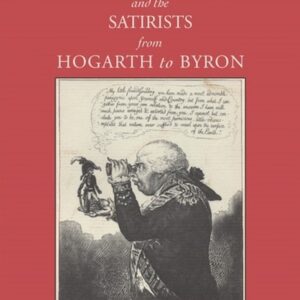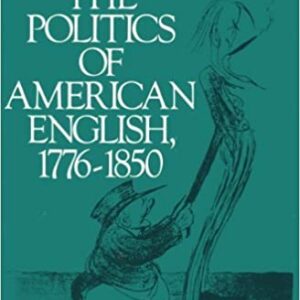
George III and the Satirists from Hogarth to Byron
By Vincent Carretta (NHC Fellow, 1983–84) King George III inherited two legacies from the restoration of the monarchy in 1660: his crown and a tradition of regal satire. As the last British monarch who fully ruled as well as reigned and as the last king of America, George III was the target of constant satiric … Continued







